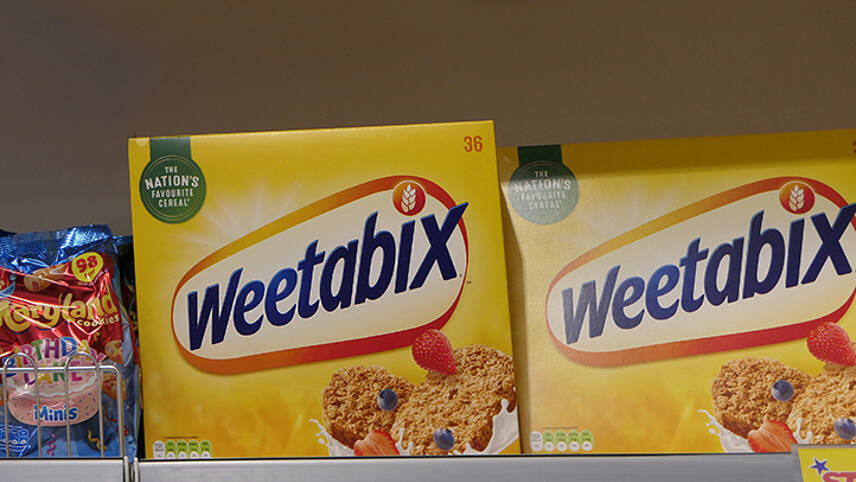Register for free and continue reading
Join our growing army of changemakers and get unlimited access to our premium content

The roadmap will utilise the results of extensive carbon studies undertaken by the company in partnership with its farmers. These studies will help outline carbon-saving farming techniques associated with the growing and harvesting of wheat.
The first study has already been completed, with Weetabix working with 17 of its top farmers who account for a third of wheat supplied to make Weetabix biscuits. The study found that last year’s harvests were between 40% to 50% lower than the standard emission factors for UK wheat production, which Weetabix had been using in previous reporting calculations.
The company will work with the Map of Ag global data platform to gain best practice insight from the agricultural industry. It will also simplify data collection from farmers to improve carbon data accuracy and identify areas of improvement.
Weetabix has not set a deadline for the creation of this roadmap.
Weetabix’s technical director John Petre said: “We’re really proud of the study’s results and the work our Growers’ Group has put into reducing their emissions but we know that this is just the start of what’s required to significantly lower our overall carbon footprint. We want to get to a place where we can empower customers to use their buying power to choose lower carbon products.
“All of the work we’re currently doing with our farmers and across the business to reduce our carbon footprint will hopefully lead to producing a zero carbon box of Weetabix. That’s ultimately our goal.”
The company has also formed a collective of British farmers that are all located within 50 miles of its Northamptonshire factory to help reduce transport emissions and assist with on-the-ground expertise for growing quality. Since the collective was introduced in 2010 the group has involved more than 350 local farmers growing approximately 75,000 metric tonnes of wheat each year.
Weetabix will repeat the carbon assessments with more farmers over the coming years as part of a roadmap to procure carbon-neutral wheat. It will also work with smaller groups of growers to see how new technologies, such as precision nitrogen applications and soil assessments, can assist in its carbon reduction strategy.
The carbon analysis has been included in the company’s latest sustainability report, which also stated that Weetabix has saved more than five million litres of water as part of an efficiency and reuse drive at manufacturing sites.
The report also highlighted that Weetabix had secured a new contract that will supply its site with 100% renewable electricity until 2025.
Last year, edie spoke to Weetabix’s John Petre, who also heads up the business’s sustainability work, to find out more about the company’s sourcing and plastics commitments. Watch the interview here.


Please login or Register to leave a comment.